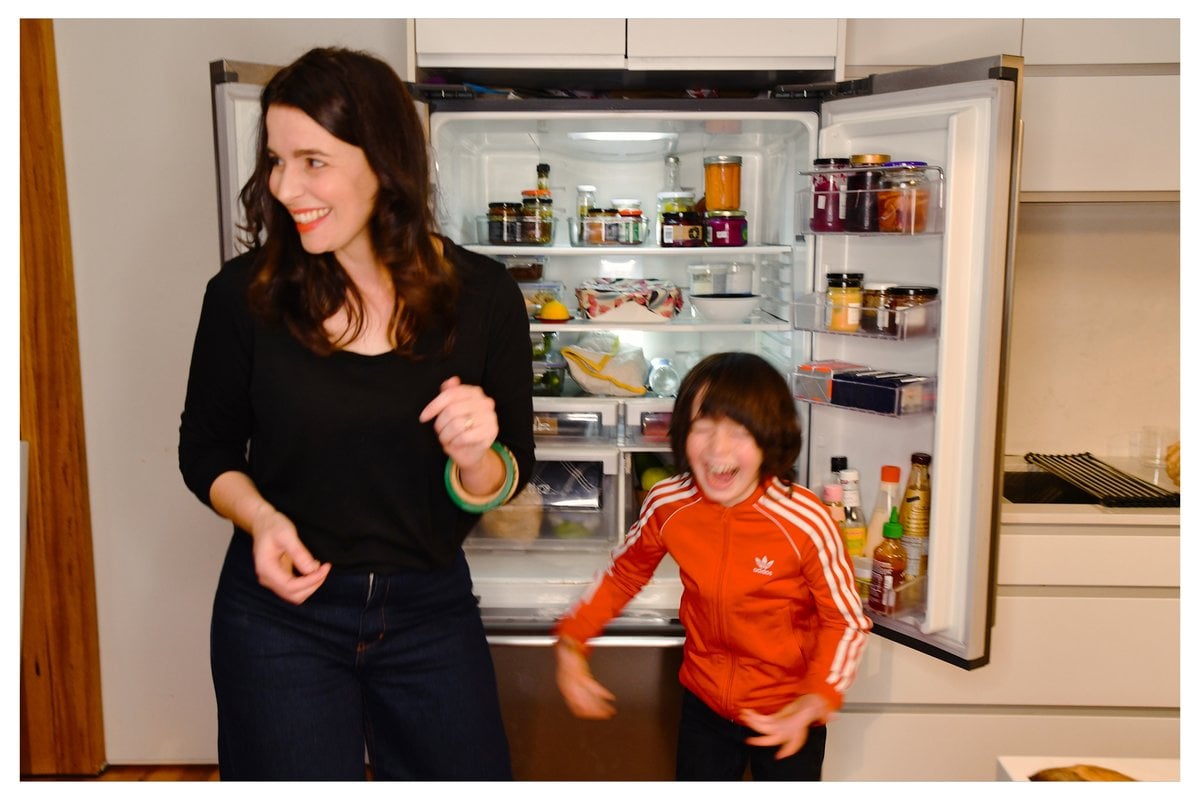
‘Our future looks bright’ may not be the message we’re used to seeing within a climate crisis. But it’s the message I need to hear to get off the couch and into action.
Buoyed by optimism, I’ve spent the last two decades helping people reduce food and fashion waste while upgrading their lifestyles. Whether that means kick-starting a global clothes swapping movement or helping people transform their fridges from overstuffed to orderly, I believe both the big and small waste-saving things all add up.
Not only do these actions save the environment, but they also save your time, money and relieve your mental load of the clutter of consumerism.
For many of us, it’s easy to be caught up in the busyness of everyday life or become paralysed by the scary nature of climate change. It can feel like Armageddon is looming round the corner. I’m certainly not immune. Despite having a PhD in sustainable living, I find myself overwhelmed by the bigness of the problem and questioning my own powerlessness sometimes – especially when I choose the convenient option over the sustainable one whilst juggling my chaotic family life!
I find that when you try to do the right thing, it’s easy to become baffled trying to work out the good stuff from the greenwash. With eco-anxiety on the rise (and affecting women more profoundly than men), taking small yet sustainable action is the most effective way to keep it in check.
And I should note that women definitely hold the power to create change, as they control over 70% of the household consumption.